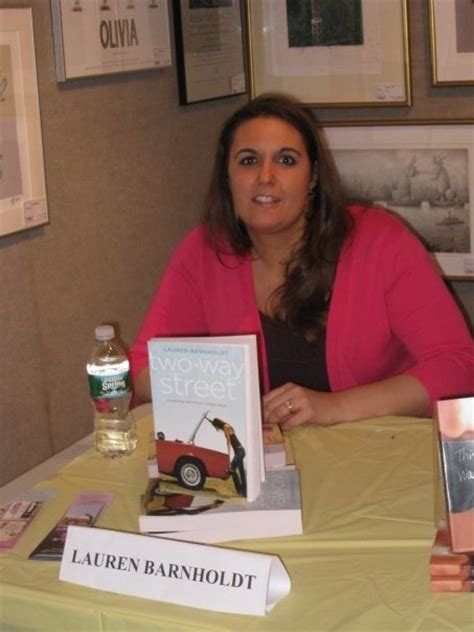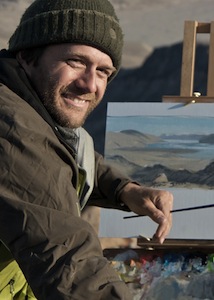A Quote by Brian Lindstrom
If the subject is no longer living, the immediate question is do you have enough first-person material to really get that story across. You'd like to avoid it just being other people's memories and interpretations.
Related Quotes
When I wrote the story ["The Cartographers"], I'd just gone through a breakup with a woman I'd loved dearly. Without this other person in my life, the memories we'd shared often felt like phantoms. Who was this person I once loved? Did she still really exist? The answer, on a metaphysical level, was that this person didn't still exist. She'd gone on to become a different person, an individual with new hopes and dreams which no longer involved me.
You have your wonderful memories," people said later, as if memories were solace. Memories are not. Memories are by definition of times past, things gone. Memories are the Westlake uniforms in the closet, the faded and cracked photographs, the invitations to the weddings of the people who are no longer married, the mass cards from the funerals of the people whose faces you no longer remember. Memories are what you no longer want to remember.
Even my wife and two of my children are in "Leaves of Grass". Because I love the source material so much, it was really easy to write and an utter delight to get to direct because I had people like Edward [Norton] elevating the material and surprising me in their interpretations of all of this stuff that's so close to me.
Just never really got into cars and flossin' or never really cared, like I was always the type of person that felt like as long as I make enough money to support my family with this music that's all I really care about. You know what I mean so I don't really buy, I'm just not into like that many material possessions and stuff like that, because at the end of the day, it's just not that important.
How did it happen that an enlightened country like Germany was pulled into Nazism? That question has occupied me since 'The Tin Drum,' my first book. The story also shows that we can never know how a person's life will unfold; there is no guarantee that a person will do what is right and avoid what is not right.
Why do people go to the cinema? What takes them into a darkened room where, for two hours, they watch the play of shadows on a sheet? The search for entertainment? The need for a kind of drug? ..I think that what a person normally goes to the cinema for is time: for time lost or spent or not yet had. He goes there for living experience; for cinema, like no other art, widens, enhances and concentrates a person’s experience-and not only enhances it but makes it longer, significantly longer. That is the power of cinema: ‘stars’, story-lines and entertainment have nothing to do with it.
Living with doubt ... is almost always more profitable than living with certainty.
People don't like doubt, so they pay money and give up opportunities to avoid it.
Entrepreneurshi p is largely about living with doubt. If you need reassurance, you're giving up quite a bit to get it. On the other hand, if you can get in the habit of seeking out uncertainty, you'll have developed a great instinct.
Avoid destructive thinking. Improper negative thoughts sink people. A ship can sail on water all around the world many, many times, but just let enough water get into the ship and it will sink. Just so with the human mind. Let enough negative thoughts or improper thoughts get into the human mind and the person sinks just like a ship.
The subject who speaks is situated in relation to the other. This privilege of the other ceases to be incomprehensible once we admit that the first fact of existence is neither being in itself nor being for itself but being for the other, in other words, that human existence is a creature. By offering a word, the subject putting himself forward lays himself open and, in a sense, prays.





































